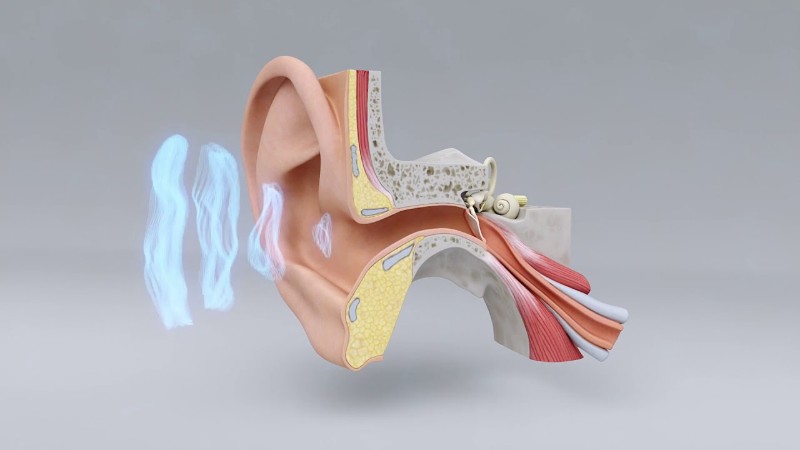Research has consistently shown that hearing loss is not just a physical problem but also has significant mental health implications.
A recent study in the Journal of Alzheimer’s Disease discovered that people who experience hearing loss are more likely to develop dementia and experience cognitive deterioration. The likelihood of experiencing depression or anxiety increases when one suffers from hearing loss due to the resulting social isolation.
Beyond its impact on hearing, hearing loss is also associated with diminished cognitive capacity due to its effect on sound processing.
The Impact of Hearing Loss on Mental Health
Hearing loss can have a profound impact on mental health, leading to increased symptoms of depression and anxiety.
A research article by the National Library of Medicine revealed that people experiencing hearing difficulties are more prone to suffering from depression compared to those who do not have hearing problems.
Another study published in the Journal of the American Geriatrics Society found that hearing loss was associated with a higher risk of developing anxiety disorders.
The reasons for this link are complex, but research suggests that social isolation and cognitive impairment play key roles.
When individuals experience hearing loss, they may withdraw from social interactions and become isolated, leading to feelings of loneliness and depression. Additionally, the brain’s ability to process auditory information is impaired, making it more difficult to engage in conversations and interact with others.
Given the significant mental health implications of hearing loss, it is essential to address this issue early on. Regular hearing tests can help identify hearing loss, and treatment options such as hearing aids or cochlear implants can improve communication and reduce social isolation.
Furthermore, cognitive training programs can help maintain cognitive function and prevent further decline.
Technology’s role in addressing hearing loss
Technology has played a significant role in addressing hearing loss by providing innovative solutions for communication and social interaction.
For example, video conferencing platforms have made it easier for individuals with hearing loss to communicate with friends and family remotely.
Furthermore, mobile apps and other technological tools are being utilized to offer instant captioning or sign language interpretation services, thereby enhancing communication opportunities for those affected by hearing impairments.
Moreover, wearable devices that track hearing health and provide personalized recommendations for improvement are becoming increasingly popular among individuals seeking proactive solutions.
By harnessing the potential of technology, we can continue to develop groundbreaking tools that facilitate enhanced communication and alleviate the stigma associated with hearing impairments.
Addressing these issues early on
Hearing loss is a significant public health concern that affects not only physical health but also mental well-being.
An early focus on addressing hearing loss is crucial in preventing or slowing down cognitive decline and its accompanying emotional consequences, including increased vulnerability to depression and anxiety.
By promoting awareness and providing accessible treatment options, we can work towards preventing hearing loss and its associated mental health consequences. This requires a comprehensive approach that includes regular hearing tests, cognitive training programs, and social support services.
Furthermore, by taking proactive steps to address hearing loss, we can improve the lives of individuals affected by this condition and reduce the risk of developing serious mental health problems.
Maintaining good health has also significant benefits that extend beyond correcting hearing impairments. Additionally, engaging in regular physical activity, practicing stress management techniques, and promoting social connections can help mitigate the effects of hearing loss on mental health.
Cognitive training programs that focus on auditory processing and memory skills can also be beneficial.















